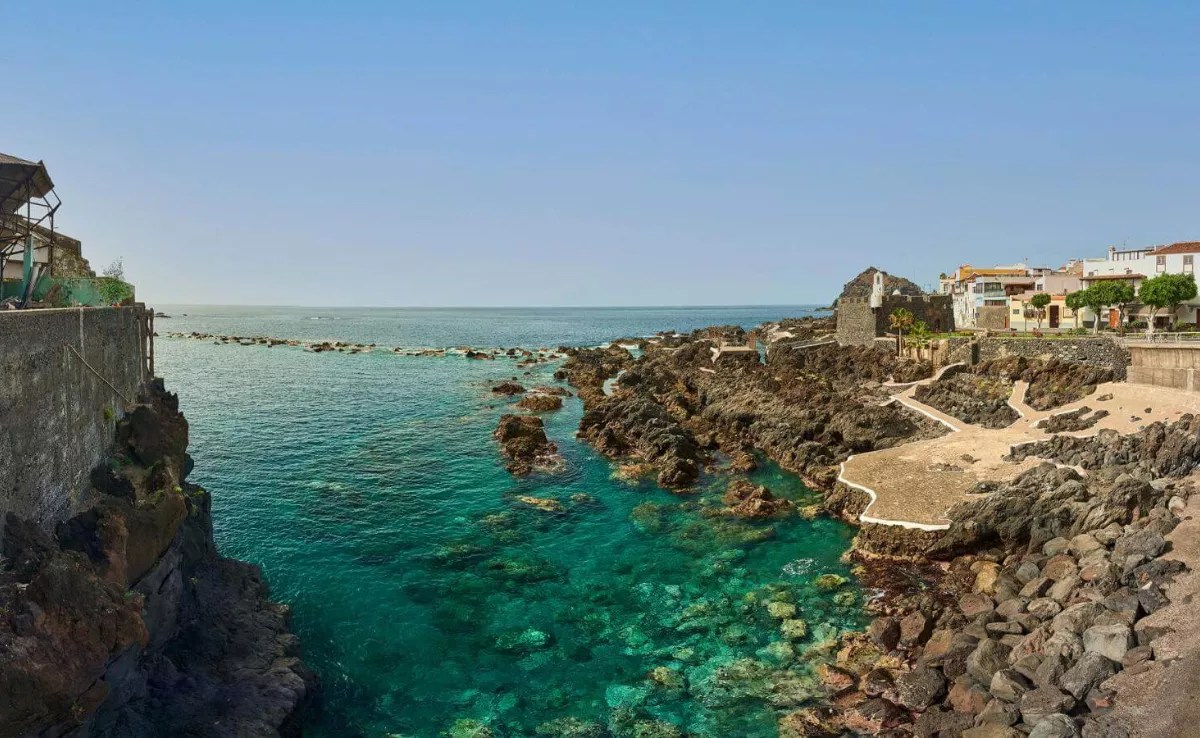The deputy, Cristina Valido, indicates that the request from the Cabildo and the Canarian Parliament is still awaiting a response to return it to the island.
Santa Cruz de Tenerife, 24th Feb (Europa Press) –
The Canarian Coalition spokesperson in the Congress of Deputies, Cristina Valido, has referred to the ‘cultural decolonisation’ process within the museums and art centres of the State, as well as the return of the Guanche mummy currently housed in the National Archaeological Museum, following the announcement from the Ministry of Culture regarding its withdrawal from public display.
During a press conference, she mentioned “the lack of commitment displayed by the Minister of Culture.”
With the intention of determining “without further doubts, delays, or excuses” the actions proposed by the Ministry of Culture, the Canarian Coalition spokesperson has put forward several written inquiries addressed to the Minister of Culture, Ernest Urtasun, seeking to “advance this cultural decolonisation process for the museums announced at the parliamentary level by the minister.”
In this regard, Cristina Valido inquired whether the Minister of Culture intends to accept the Cabildo de Tenerife’s invitation to visit the Museum of Nature and Archaeology (MUNA) in Tenerife to gain updated insights into the social and cultural significance that this cultural centre holds for the community of Tenerife and the Canary Islands, as well as the preservation standards of the Aboriginal Guanche mummies within the Canary Islands.
Within this new parliamentary initiative concerning the Guanche mummy, which was transported from Tenerife to Madrid, the spokesperson has emphasised not only the historical context of this mummy—discovered in Erques (Tenerife) within a Guanche burial cave—but also highlighted that on 3rd October 1776, it was gifted to King Carlos III, subsequently moved to the National Museum of Anthropology in 1895 and relocated to the Archaeological Museum in 2015. She also insisted on the necessity to “definitively urge the return of this Guanche mummy to its island of origin, to be preserved as the Canarian cultural heritage that it is.”
From that perspective, the General Director of Culture and Cultural Heritage, Miguel Ángel Clavijo, remarked that “there is no longer any technical rationale supporting the state’s refusal to return this significant Guanche mummy,” asserting that he perceives this as “a clear disinterest and a lack of respect towards this rightful claim of the Canarian people.”
“Limited Interest”
Consequently, and in light of what she regards as “minimal interest—if not outright substantial disinterest, akin to a mere toast to the sun” demonstrated by the Spanish Minister of Culture in addressing this historical demand, Valido has submitted two questions to Minister Urtasun to ascertain whether “after numerous announcements and demonstrations regarding the decolonisation of museums, and in the absence of any government initiatives or tangible outcomes, he considers this political agenda to no longer be a priority for his department, and if so, how it impacts the return of the Guanche mummy to the Canary Islands.”
For the nationalist deputy Mario Cabrera, who stood alongside Valido, he noted that some State agencies regard the territories, particularly the Canary Islands, in a dismissive manner.
In this context, the deputy for Fuerteventura stated that the resolve of the nationalists concerning the historical heritage of the islands “remains as unwavering as ever,” as identity and heritage “are two matters of utmost importance for the present and future of our people.”
Mario Cabrera observed that in 1976, prior to the establishment of the Autonomous Community, attempts were made to return the Guanche mummy to Tenerife, yet since then this demand from Canarian nationalists has been repeatedly postponed without justifiable reasons beyond political expediency.
“The commitment of the Canarian Coalition to this historical struggle for the Canarian people will persist, of that there should be no doubt,” asserted Mario Cabrera, highlighting the progress that the Canary Islands have made in terms of scientific and historical heritage, as well as in enhancing the conditions of their museums to safeguard the Guanche people’s heritage.
He reiterated, “We will continue to advocate for all that is rightfully ours, everything that belongs to us as a people,” stating that “as a people, we will not tolerate the centralist inclination that suggests that the history of the Canary Islands began solely with the Castilian conquest of the islands.”
















